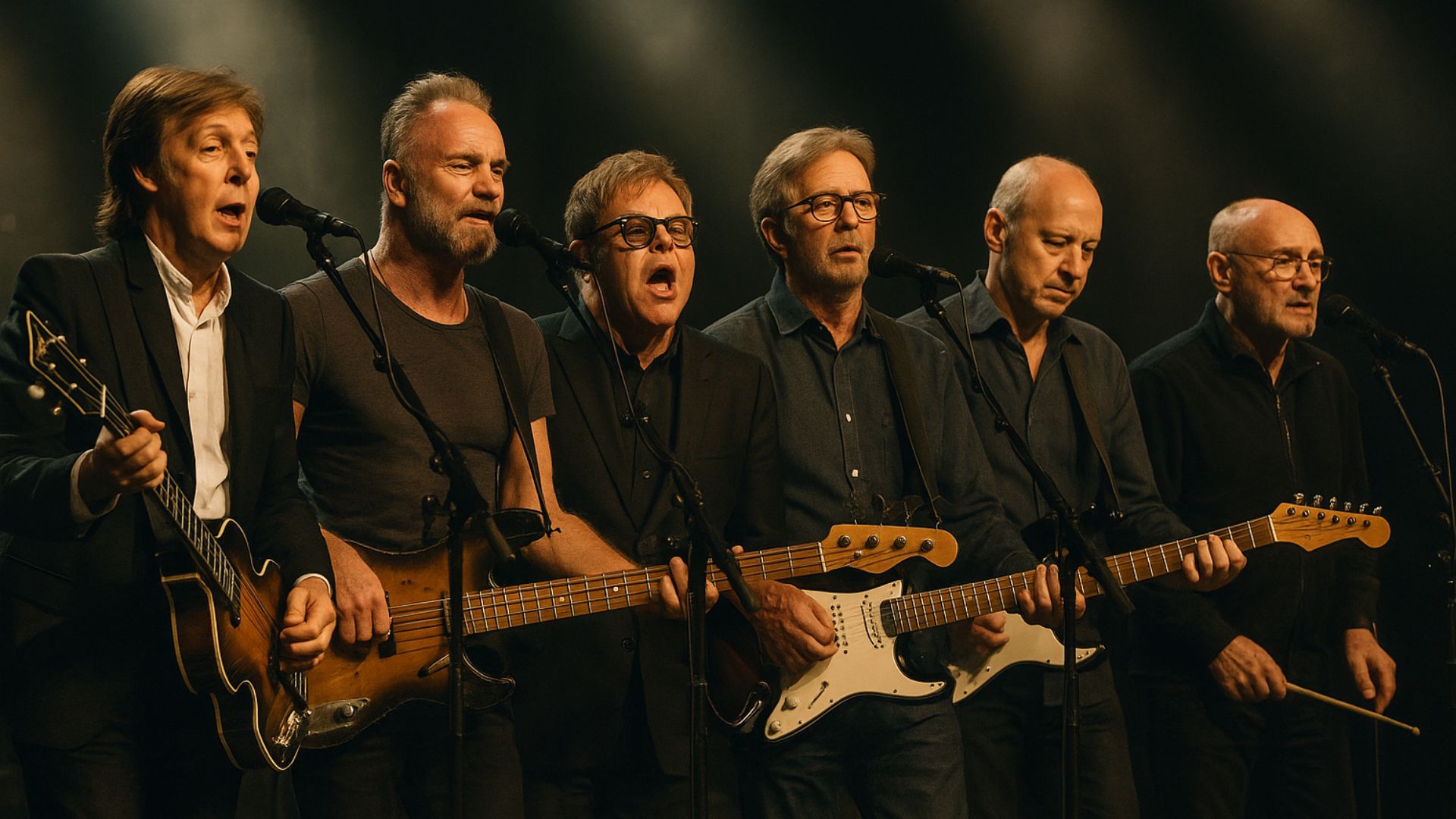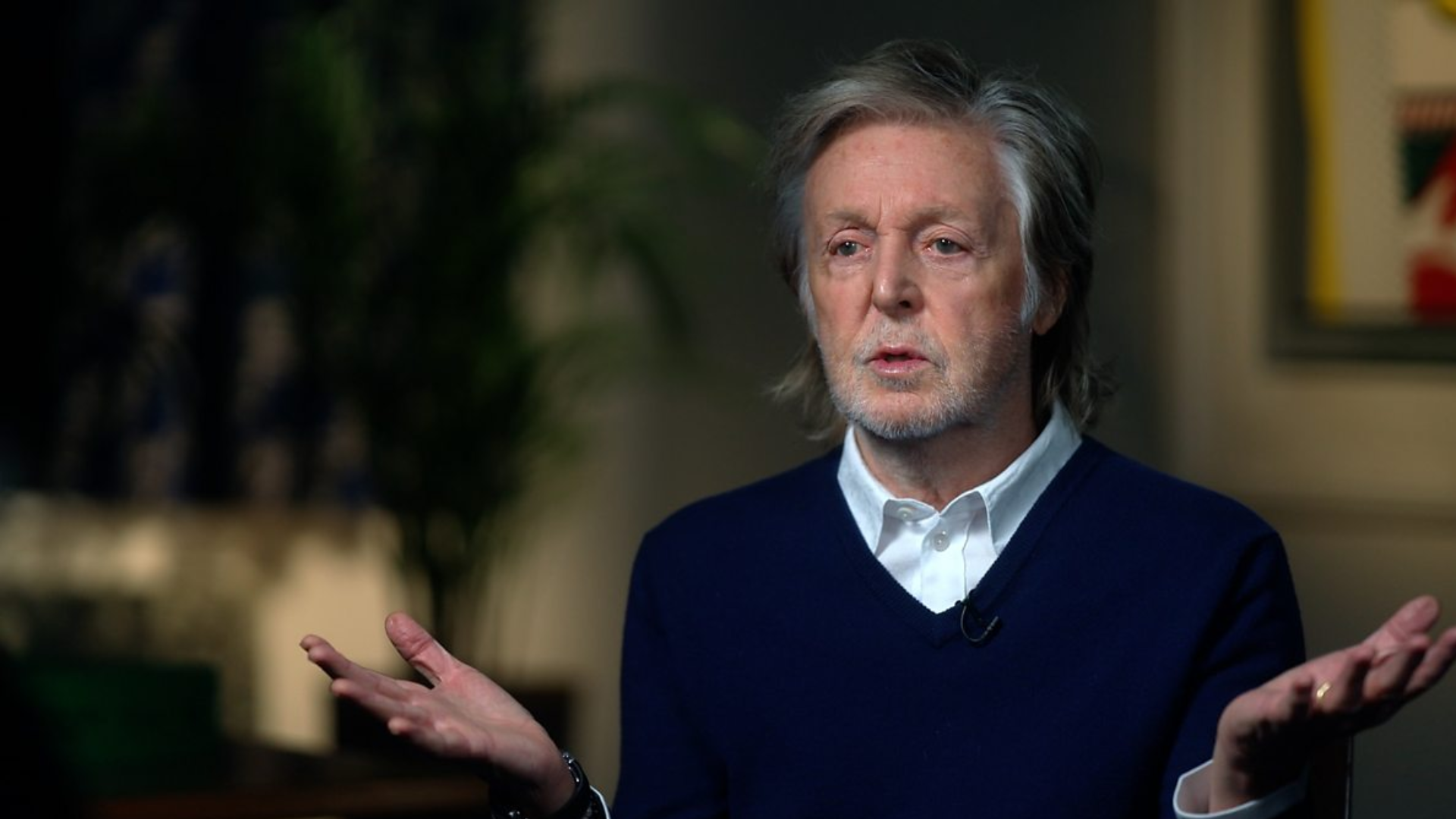
When “Hey Jude” was released in 1968, it was more than just another Beatles single — it was a song that reached across boundaries of time, place, and generation. Written primarily by Paul McCartney as a message of comfort for Julian Lennon, whose parents John and Cynthia were divorcing, the track began as something personal but quickly became one of the most universal anthems of encouragement in popular music.

From the very first piano chords, there is intimacy — as though McCartney is sitting beside you, offering steady reassurance. His voice is warm, compassionate, and direct: “Hey Jude, don’t make it bad, take a sad song and make it better.” It isn’t lofty poetry, but that’s the point. The lyric works because of its simplicity, because it speaks like a friend — gentle, human, and sincere.
As the song grows, it transforms. Strings swell, guitars glide in, and McCartney’s voice shifts from tender to impassioned. And then comes the coda: nearly four minutes of “na-na-na” refrains that build into a communal celebration. What began as a private song of comfort explodes into a chorus for the world, one that still unites audiences in stadiums and living rooms decades later.
Each Beatle adds something essential. Ringo’s steady drumming anchors the song with subtle strength, George’s guitar adds delicate texture, and John’s harmonies carry a soulful depth that elevates Paul’s lead. Together, they create not just a recording, but an atmosphere — one where pain is acknowledged, but hope triumphs.
What makes “Hey Jude” timeless is its duality. It doesn’t deny sadness, but it insists that sadness can be transformed into something beautiful. It meets listeners where they are, in grief or struggle, and then lifts them higher with melody and shared voice. That’s why it has been sung at weddings, funerals, protests, and celebrations — it belongs everywhere people need comfort or strength.
In the context of 1968 — a year marked by political upheaval, cultural change, and loss — the song resonated even more deeply. It wasn’t escapism, but healing: a reminder that even when the world felt fractured, there was still music to hold onto, still a reason to sing.
In the end, “Hey Jude” is not just a Beatles classic; it is one of the greatest anthems of the human spirit. Its message is simple, its melody unforgettable, and its power undiminished. Paul McCartney may have written it for one boy named Jude, but in doing so, he gave the whole world a song that says: don’t be afraid, don’t give up, and always, always make it better.